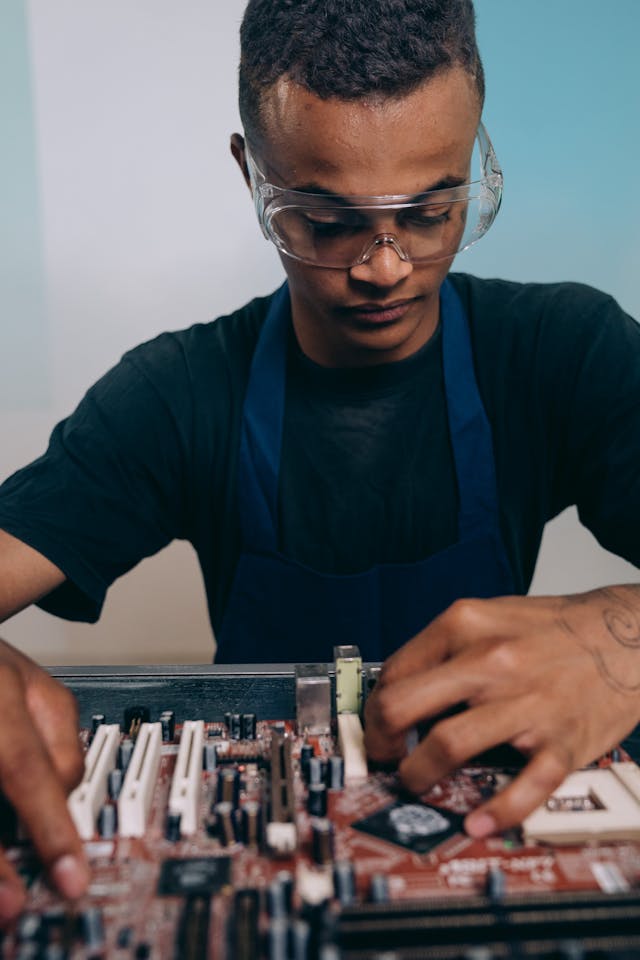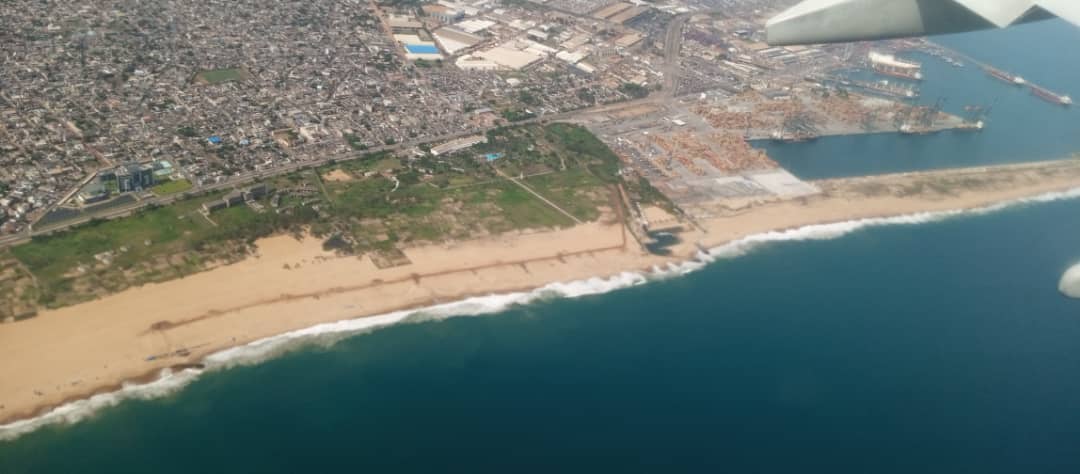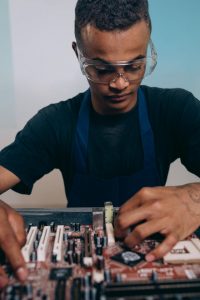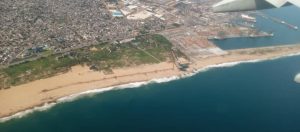COP 28: “Dare to share knowledge platform on just transitions”- UNU-INRA-UTRECHT
By Houmi Ahamed-Mikidache in Accra ( Ghana)
In Accra (Ghana), the United Nations University, the institute for Natural Resources (UNU-INRA) in Africa opens today with the university of Utrecht, based in the netherlands, a two days workshop on Dare to share knowledge platform on just transitions. What is all about? The Dare to share knowledge aims at expanding horizons and amplifiying the voices that are crucial to meeting the increasing demand for a just and equitable transition. How to get there? How to reach to fair and equitable outcomes when transitioning towards a sustainable low-carbon future? ” This is the heart of the conversation,” says Fatima Denton, Director of the UNU-INRA and former director at the Natural Resource Management Division at Economic Commission for Africa.
Over the course of two days, participants include scientists, teachers, researchers, student-researchers, entrepreneurs, climate experts, advisors, media, activists, negotiators, but also parliamentarians discuss together on how to reach just transitions . They are more than 80 participants online and face to face. But how to achieve the just transitions? To achieve this, we must first understand what this term means, explain the experts present on site but also online.
To address the just transitions
James Murombedzi, head of the climate change section of the Economic Commission for Africa, explains in a 15-minute presentation that the just transitions concept was born in the 1970s in the United States during a social movement. This concept is repeated today to call for more equity in access to energy and natural resources . So how do we achieve fair and equitable outcomes as we transition to a low-carbon, sustainable future?
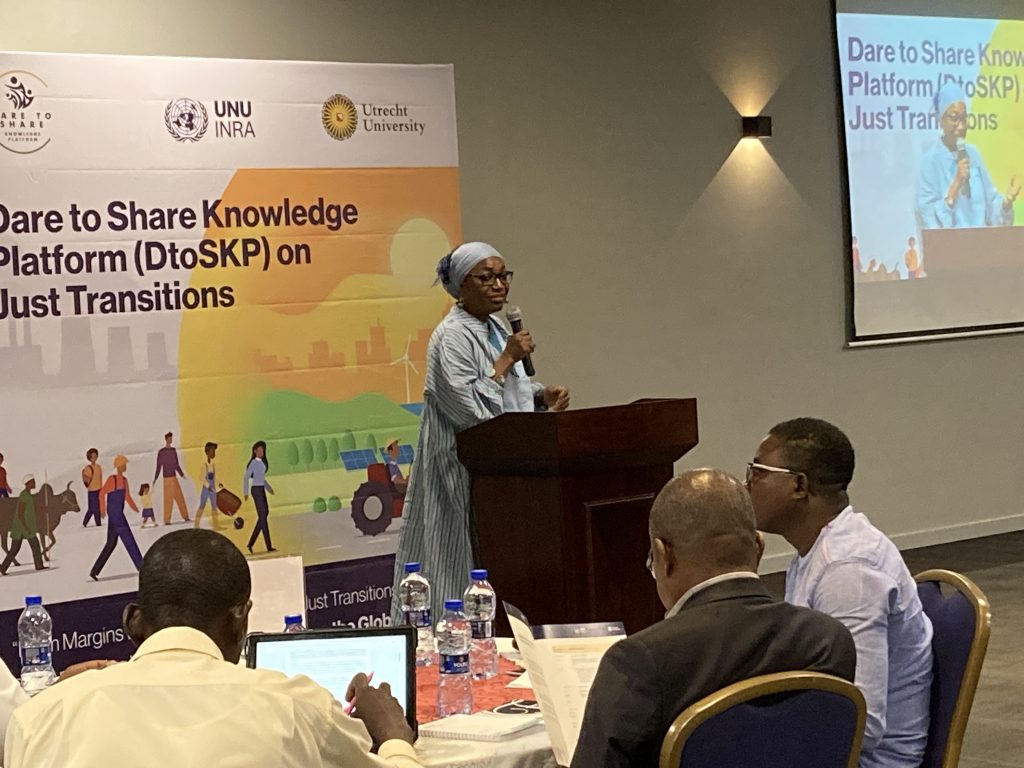
For Fatima Denton, director of UNU-INRA, this question is fundamental.”Considering Niger as a paradox, Niger’s natural resources can help overcome the energy poverty faced by many countries. But the essence of that transition doesn’t exist. Why? “Because we’re not able to share.” The question, according to the scientist, and now also a professor at INRA, is how to gather? For what justice? for whom? Justice for what? These central questions are asked to all workshop participants. The answer, according to the organizers, must go through the term democratize, the heart of the platform Dare to share knowledge.
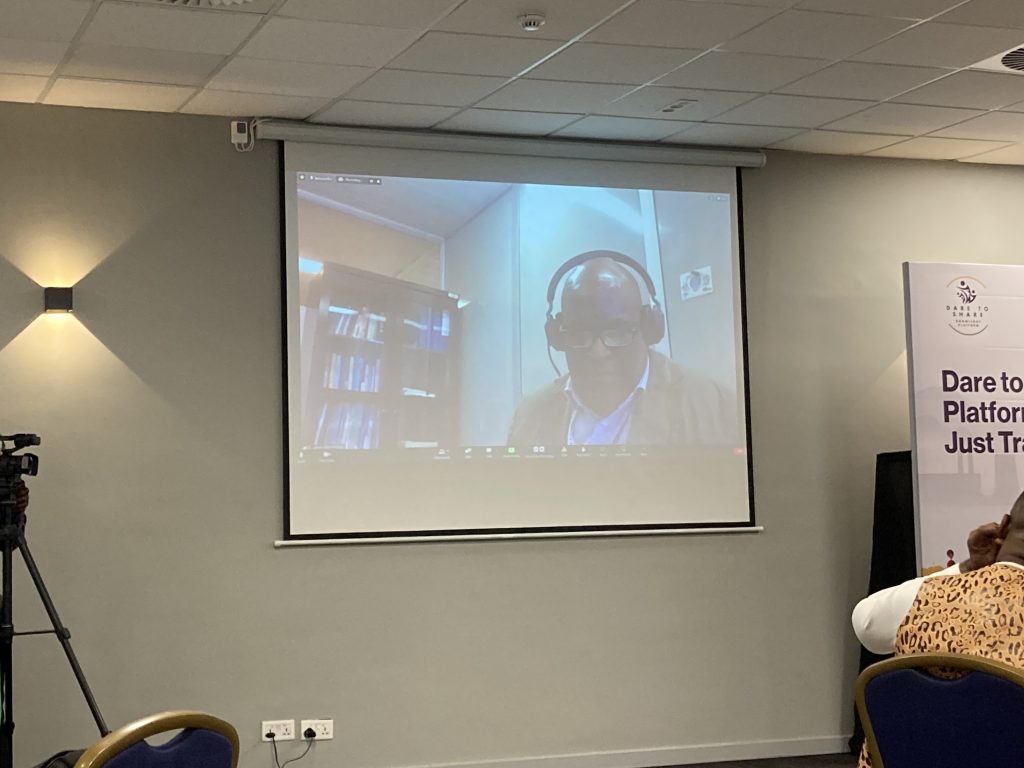
To Murombedzi, former colleague of Fatima Denton, it is essential to understand how people, especially communities, will be involved in these just transitions. But who are these communities? Which communities is he talking about? Urban communities? Rural communities? Indigenous peoples? How can we also understand development partners in the fight against climate change? Is it so simple to understand how policies work on the continent and the relationship with development partners? The present civil society raises these questions and brings its expertise.
Voices are raised
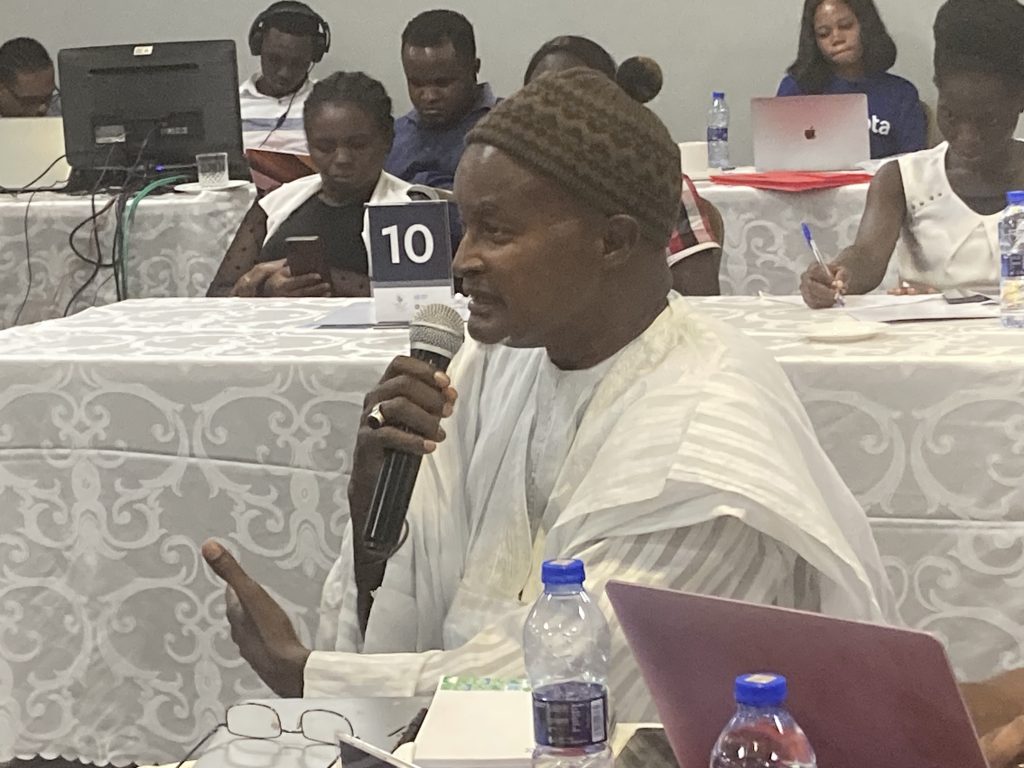
“We are different actors who live in different contexts, who approach the problem of climate change differently,” explains Paul Thiao of the Federation of Non-Governmental Organizations of Senegal. For the representative of this peasant confederation, created in 1976, it is also necessary to hold development partners to account and communicate on actions.
‘We producers, we who are at the base, who develop strategies, are limited. Where are the policies in their commitment?” asks the Senegalese farmer. For him, it is fundamental that every actor knows what his role is and believes in it in order to engage. We saw after COP 21, the commitments were good, everyone was happy, but the implementation is non-existent, they made sure to protect themselves by specifying sentences in this sense so that there is no prosecution against them”. Paul Thiao refers to the declarations of the northern countries in the Paris Agreement.
It should be noted that the question of historical responsibility in the Paris Agreement is underlined, but all the determined national contributions, these low-carbon national development plans, are voluntary without any penalty for states that do not respect their commitment. How should Africa react to this situation?
Are the solutions feasibles?
In Africa, there are many challenges, says Murombedzi, such as governance and institutional capacity, technology transfer and capacity building, social equality and inclusion. For him, there is a risk in accessing just transitions, without a good approach to adopt. In a 15-minute online presentation, Murombedzi describes how access to low-carbon energy can be a risk. The shift to renewable energy without prior information could affect communities. Land deprivation can cause conflict on the continent if nothing is done upstream. Low-carbon technology can also be a problem if it’s not taught. But there are solutions. “To succeed, a just transition must be explained by a long-term strategy, planning must be at the forefront,” he emphasizes.
It is urgent to understand crises and share knowledge, underlines Fatima Denton. Creating a space is the essence of this two-day conversation. All participants will discuss how to create this space for sharing through several themes including peace, education, youth, entrepreneurship and Indigenous communities. Objective: to overcome inequalities and achieve a path of equity.
Share this content:

